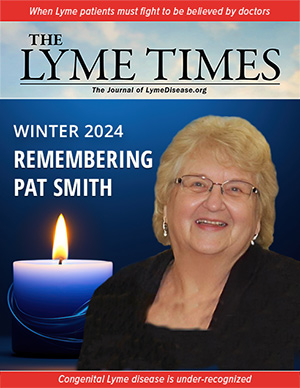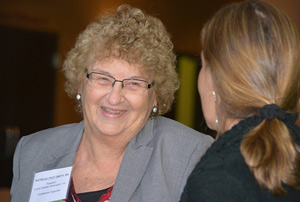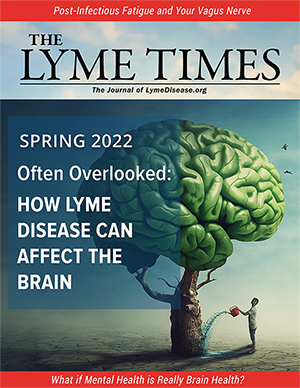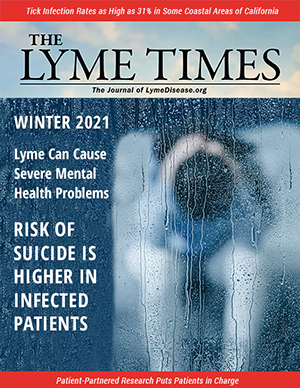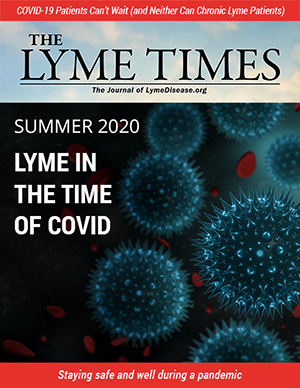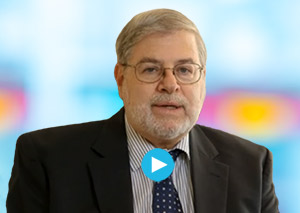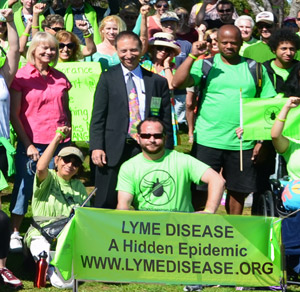 W hy do some people contract Lyme disease, receive treatment, and then return to health—while others get sick and stay sick, for months, years, or even for the rest of their lives? It’s the most vexing problem in Lyme disease. And for decades, this important question was almost completely ignored by the medical establishment. Instead, physicians, health officials, researchers, the National Institutes of Health, and the Centers for Disease Control and Prevention persistently told the patient community that what we call “chronic Lyme” didn’t even exist.
W hy do some people contract Lyme disease, receive treatment, and then return to health—while others get sick and stay sick, for months, years, or even for the rest of their lives? It’s the most vexing problem in Lyme disease. And for decades, this important question was almost completely ignored by the medical establishment. Instead, physicians, health officials, researchers, the National Institutes of Health, and the Centers for Disease Control and Prevention persistently told the patient community that what we call “chronic Lyme” didn’t even exist.
Finally, after years of such Lyme denialism, that situation is starting to change. In July 2024, a committee of the prestigious National Academies of Sciences, Engineering, and Medicine (known collectively as NASEM) convened a workshop to examine the question of what they called “Lyme infection-associated chronic illness”—or “Lyme IACI.” Their goal? To develop recommendations for how best to improve diagnosis and treatment of patients who become ill with Lyme disease and remain that way.
Lyme Community Played Essential Role
The fact that a NASEM committee was willing to study the issue was a huge step forward in itself. Another change from the norm: the Lyme community actively participated in the event in a variety of ways. First, retired US Air Force Col. Nicole Malachowski—a prominent advocate for those with tick-borne disease—served on the workshop’s planning committee. She was in a position to give important input every step of the way.
Next, Rhisa Parera, the writer/director/producer of the Lyme film “Your Labs are Normal,” delivered a keynote address on the patient perspective. She told the panel that Lyme disease is “a literal emergency. Patients are dying from lack of attention and care and taking their lives every day, some with assisted suicide and euthanasia, because there is barely any help, and we continue to lose hope. We need something to be done, now.”……….Join or login below to continue reading.



